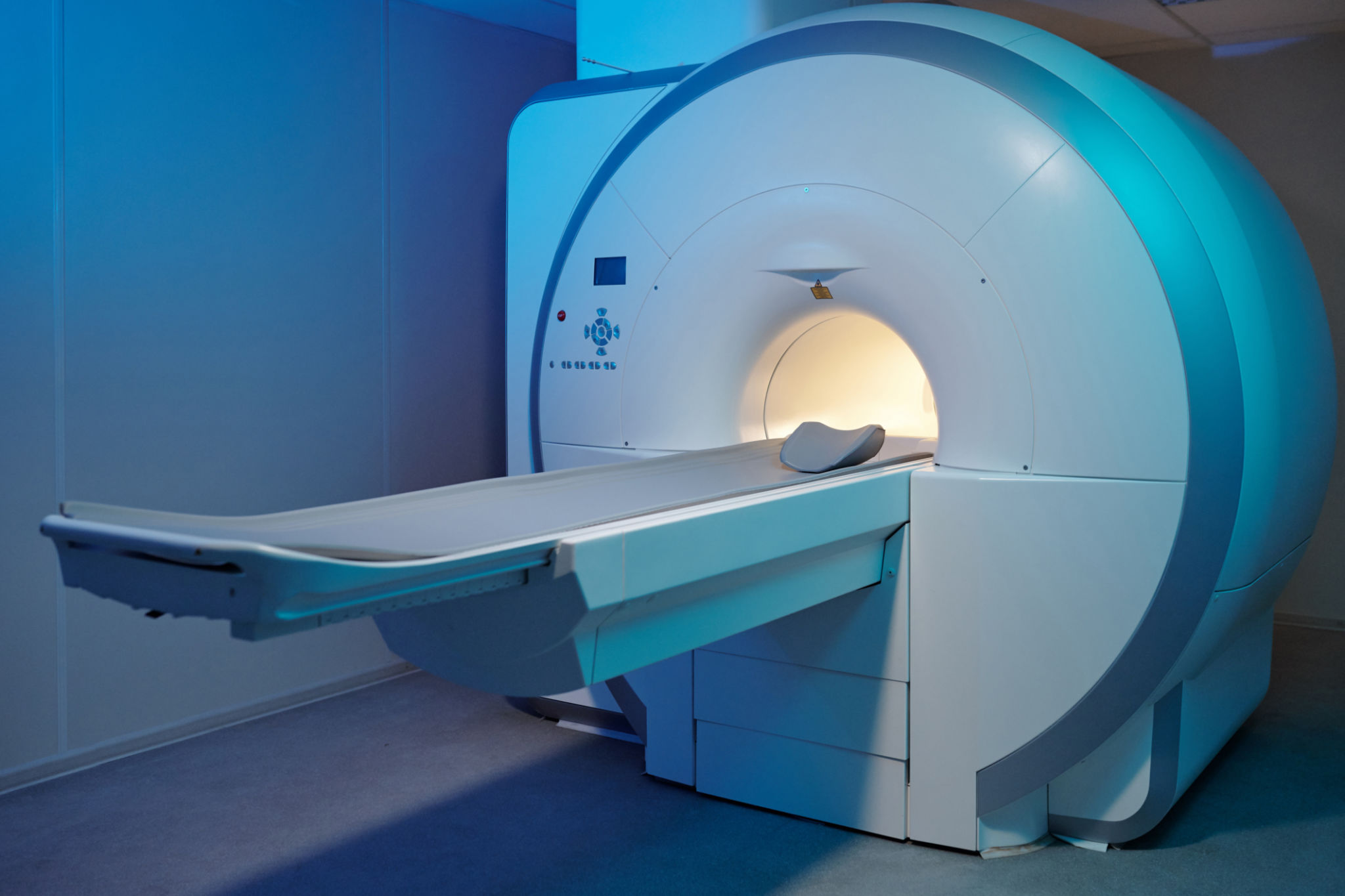A Look into the Latest Advancements in MRI Technology
Introduction to MRI Technology
Magnetic Resonance Imaging (MRI) has revolutionized the field of medical diagnostics, offering a non-invasive way to peer inside the human body with remarkable detail. Over the years, MRI technology has evolved significantly, improving both the accuracy and efficiency of scans. Today, we delve into the latest advancements in MRI technology that are shaping the future of medical imaging.
From faster image acquisition to enhanced resolution, these advancements are not only making MRI scans more accessible but also more informative. As healthcare continues to embrace these innovations, patients and practitioners alike stand to benefit from improved diagnostic capabilities.

Faster Imaging Techniques
One of the most significant advancements in MRI technology is the development of faster imaging techniques. Traditional MRI scans can take a considerable amount of time, sometimes leading to patient discomfort. However, recent innovations like parallel imaging and compressed sensing have dramatically reduced scan times.
Parallel imaging uses multiple receiver coils to gather data simultaneously, while compressed sensing reconstructs images from fewer data points without losing critical information. These techniques ensure that patients spend less time in the scanner, enhancing comfort and overall experience.
High-Resolution Imaging
Another notable advancement in MRI technology is the capability for high-resolution imaging. New hardware and software developments have enabled MRI machines to capture images with unprecedented clarity and detail. This improvement is crucial for detecting small anomalies that might be missed with lower resolution scans.

High-resolution imaging is particularly beneficial in fields such as neurology and oncology, where early detection of conditions can significantly impact treatment outcomes. Clinicians can now observe minute changes in tissues, aiding in more precise diagnosis and tailored treatment plans.
Functional MRI Developments
Functional MRI (fMRI) is an exciting area of development that allows practitioners to study brain activity by measuring changes in blood flow. The latest advancements in fMRI have improved its temporal and spatial resolution, providing deeper insights into brain function and connectivity.
This has vast implications for understanding neurological disorders and developing effective interventions. Researchers can now map brain activity with greater accuracy, leading to breakthroughs in the study of conditions like Alzheimer's disease and epilepsy.

Artificial Intelligence Integration
The integration of artificial intelligence (AI) into MRI technology marks a new era for medical imaging. AI algorithms are now being used to enhance image reconstruction, automate routine tasks, and even predict potential health issues based on scan results.
This integration not only speeds up the diagnostic process but also reduces human error, ensuring that each scan is analyzed with precision. By leveraging AI, radiologists can focus on more complex cases, enhancing the overall quality of healthcare delivery.
Conclusion
The latest advancements in MRI technology are setting new standards for medical imaging, offering faster, more detailed, and accurate scans. As these innovations continue to evolve, they promise to transform patient care by providing earlier diagnoses and more personalized treatment options.
With ongoing research and development, the future of MRI looks promising, paving the way for a healthier tomorrow. Embracing these technological advancements will undoubtedly lead to better outcomes for patients worldwide.
